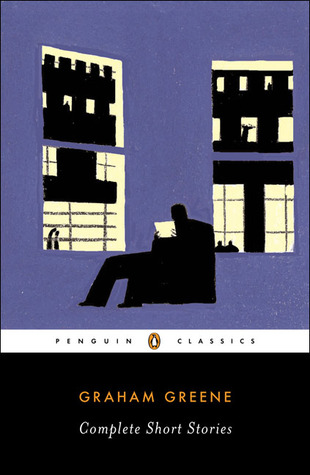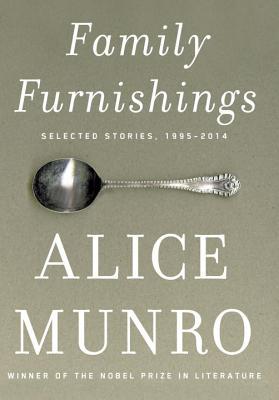Q♠ Q♠ Q♠ Q♠ Q♠ Q♠ Q♠ Q♠
The singing reached Joel vaguely; he felt happy and friendly toward all the people gathered there, people of bravery and industry, superior to a bourgeoisie that outdid them in ignorance and loose living, risen to a position of the highest prominence in a nation that for a decade had wanted only to be entertained. He liked them – he loved them. Great waves of good feeling flowed through him.
F. Scott Fitzgerald’s short story “Crazy Sunday” has been anthologized frequently and found its way, via John Updike, into The Best Short Stories of the Century. Fitzgerald is one of my favorite authors and while I understand why this story could be considered great, it’s not my favorite of his stories.

Joel, a Hollywood writer sometime in the 1930’s, gets invited to cocktail parties on Sundays by the wife of his boss, Miles. There’s an odd sort of triangle here in that Joel is in love with Miles’ wife, Miles’ wife loves Miles, and Miles is having an affair with another woman. The intriguing part is that none of this is a secret from any of them.
On the one hand, Fitzgerald’s writing-brilliant, as it almost always is – reveals all this information with a detailed restraint. He’s always been one to write about a good party or write about a bad party in a good way. The stuffiness of the Sunday cocktail parties at Miles’ house contrasts well with the intimate details of these three characters’ desires.
Then, out of the blue (literally) tragedy strikes. This is the part of the plot that makes me less than enthusiastic about the story as a whole. The beautiful restraint with which Fitzgerald writes gets blown away with something overly dramatic. Perhaps, I need to read the story again to get more of a clue as to why this story is great in the opinions of many.
Have you read this story? I would love to find out what you thought of it!
I read this story when I drew the Queen of Spades for Week 44 of my Deal Me In 2016 short story project. My Deal Me In 2016 list can be found here. Deal Me In is sponsored by Jay at Bibliophilopolis.






